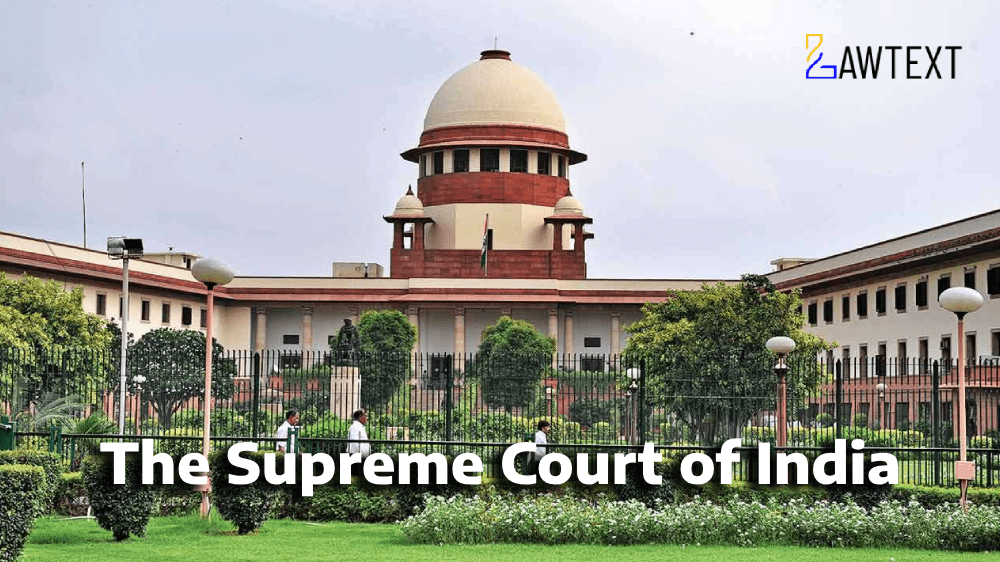

Major Acts:
Chandra Mohan Jha University Act, 2009 (CMJ University Act) – Sections 13, 14, 26, 48.
University Grants Commission Act, 1956 (UGC Act) – Section 22.
Meghalaya Private Universities (Regulation of Establishment and Maintenance of Standards) Act, 2012.
Subjects:
– Chancellor Appointment – Subject to Visitor’s Approval – Deemed Approval – Void Ab Initio.
– Dissolution of University – Mismanagement – Maladministration – Non-Compliance with Statutory Procedures.
– Natural Justice – Show Cause Notice – Opportunity of Hearing – Speaking Order.
– Judicial Review – Wednesbury Principles – Remand Unjustified.
Facts:
Nature of the Litigation:
– The appeal challenged the dissolution of CMJ University by the State of Meghalaya, citing non-compliance with statutory procedures under the CMJ University Act, 2009.
– The appellants, CMJ Foundation, contended that the dissolution order was arbitrary and violated natural justice principles.
Who is Asking the Court and for What Remedy?
– The appellants sought to set aside the dissolution order dated 31 March 2014, which was upheld by the High Court of Meghalaya.
– The State of Meghalaya, in its appeal, challenged the remand of the matter to the Single Judge for reconsideration on merits.
Reason for Filing the Case:
– The appellants argued that the dissolution order was passed without adhering to the procedural requirements under Section 48 of the CMJ University Act, 2009.
– The State contended that the University had failed to comply with the Visitor’s directions and had engaged in mismanagement and maladministration.
What Has Already Been Decided Until Now?
– The High Court of Meghalaya had quashed the dissolution order, but the Division Bench upheld the State’s procedure and remanded the matter to the Single Judge for reconsideration on merits.
– The Supreme Court was tasked with determining the validity of the dissolution order and the remand.
Issues:
Whether the appointment of the Chancellor of CMJ University was made with due adherence to the procedure, as mandated by law?
– Held: The appointment of the Chancellor was void ab initio as it lacked the mandatory approval of the Visitor (Governor of Meghalaya) under Section 14(1) of the CMJ University Act, 2009. The concept of “deemed approval” was rejected as the Act did not provide for such a legal fiction. (Paras 33-46)
Whether the dissolution order dated 31 March 2014 was passed with due adherence to the procedure provided under Section 48 of the CMJ University Act, 2009, and in compliance with the directions issued by the Supreme Court on 13 September 2013?
– Held: The dissolution order was valid as it followed the procedural requirements under Section 48 of the Act. The State Government issued show cause notices, provided an opportunity for hearing, and passed a speaking order after considering the appellants’ replies. The University’s failure to comply with the Visitor’s directions and rectify mismanagement justified the dissolution. (Paras 47-59)
Whether the Division Bench of the High Court of Meghalaya was justified in remanding the matter to the learned Single Judge for reconsideration on merit, while allowing the Writ Appeal No. 14 of 2017?
– Held: The remand to the Single Judge was unjustified as the Division Bench had already upheld the State’s procedure and the dissolution order. No substantive issues remained for reconsideration. (Paras 60-68)
Submissions/Arguments:
– Appellants:
a. The appointment of the Chancellor was valid as the Visitor’s inaction amounted to “deemed approval.”
b. The dissolution order violated natural justice as no opportunity was given to rectify alleged mismanagement.
c. The High Court’s remand to the Single Judge was unnecessary as the Division Bench had already upheld the State’s procedure.
– Respondent-State:
a. The appointment of the Chancellor was invalid without the Visitor’s approval, and the concept of “deemed approval” was not supported by the Act.
b. The dissolution order was passed after following due process, including issuing show cause notices and providing an opportunity for hearing.
c. The remand to the Single Judge was unwarranted as the Division Bench had already upheld the dissolution order.
Decision:
– The Supreme Court dismissed the appeal filed by the appellants (CMJ Foundation) and allowed the appeal filed by the State of Meghalaya.
– The dissolution order dated 31 March 2014 was upheld, and the remand to the Single Judge was set aside. (Paras 69-73)
Ratio:
Appointment of Chancellor:
– The appointment of the Chancellor under Section 14(1) of the CMJ University Act, 2009, is conditional upon the approval of the Visitor. In the absence of such approval, the appointment is void ab initio. (Paras 33-46)
Dissolution of University:
– The State Government must follow the procedural requirements under Section 48 of the CMJ University Act, 2009, including issuing show cause notices and providing an opportunity for hearing before passing a dissolution order. (Paras 47-59)
Judicial Review and Remand:
– A remand to the lower court is unjustified if the appellate court has already examined the merits of the case and upheld the decision-making process. (Paras 60-68)
Citation: 2025 LawText (SC) (2) 130
Case Number: CIVIL APPEAL NO(S). 9694 OF 2024 WITH CIVIL APPEAL NO(S). 9695 OF 2024
Date of Decision: 2025-02-13
Case Title: CMJ FOUNDATION AND OTHERS VERSUS STATE OF MEGHALAYA AND OTHERS
Before Judge: (PAMIDIGHANTAM SRI NARASIMHA J. , SANDEEP MEHTA J.)
Appellant: CMJ FOUNDATION AND OTHERS
Respondent: STATE OF MEGHALAYA AND OTHERS